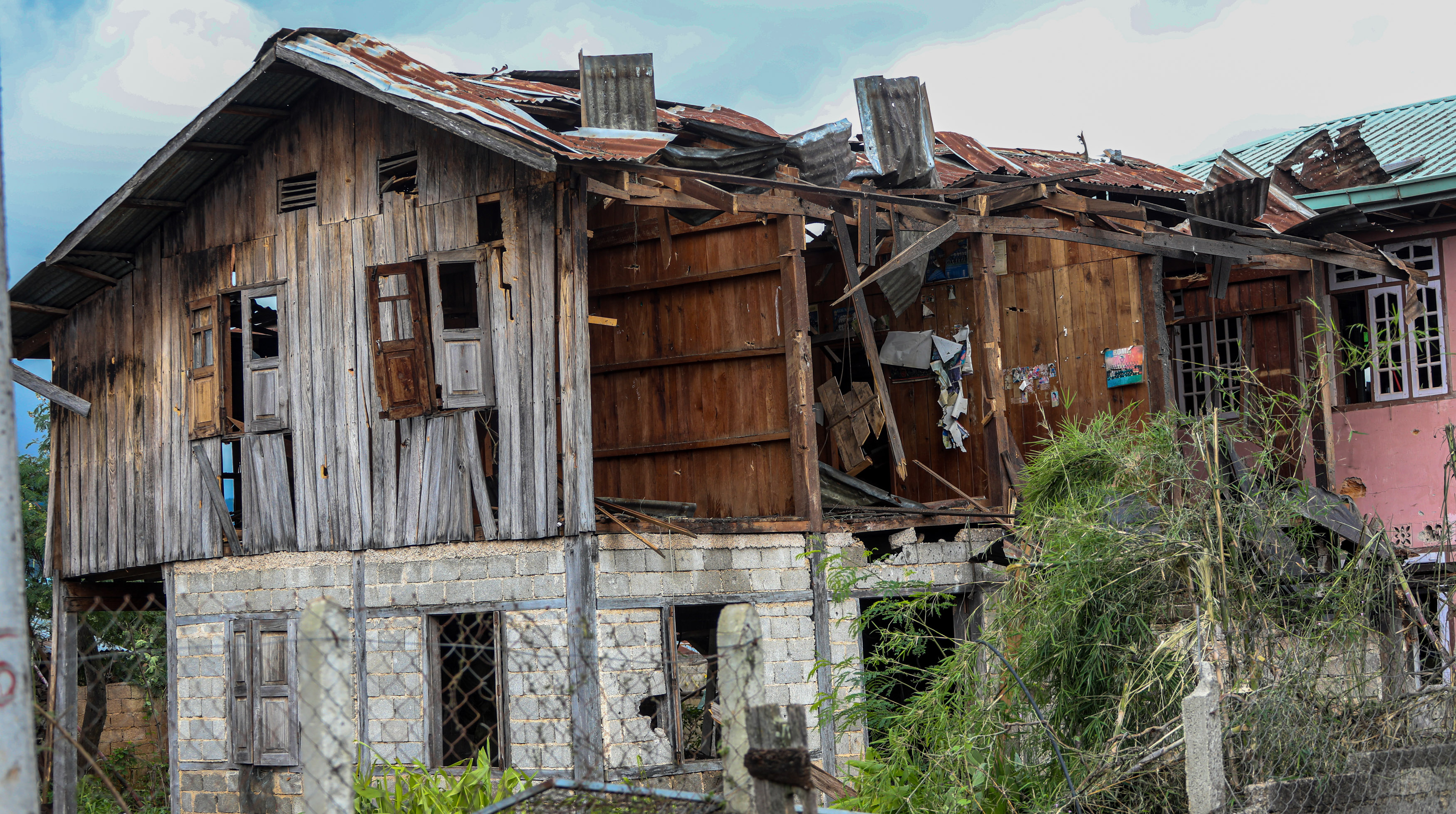
States and companies involved in the supply of aviation fuel to Myanmar must cut their links to the country or risk being implicated in war crimes committed by its military, according to a new report by Amnesty International.
The report, titled “Deadly Cargo: Exposing the Supply Chain that Fuels War Crimes in Myanmar,” reveals the role of international corporations, including state-owned companies, in enabling the indiscriminate killing of civilians by Myanmar’s air force.
Coming less than a month after the announced exit of Puma Energy, a Swiss-based multinational that has been the country’s chief supplier of aviation fuel since 2015, the report aims to put pressure on other companies to follow suit.
“Today we are calling on suppliers, shipping agents, vessel owners and maritime insurers to withdraw from a supply chain that is benefiting the Myanmar Air Force,” Amnesty’s secretary general, Agnès Callamard. said in a statement accompanying the report’s release on Thursday.
Among the companies named in the report are oil and gas companies Chevron, ExxonMobil, Rosneft, PetroChina, and Thai Oil, as well as Korean shipping company Pan Ocean and Norwegian maritime group Wilhelmsen.
In many cases, suppliers claim to have received assurances that their shipments of Jet A-1 aviation fuel to the country were being used only for civilian purposes. However, leaked documents and other sources cited in the report show that the fuel has often been knowingly provided to the military.
Letters addressed to the Myanma Port Authority and the Customs Department, for instance, clearly indicate that shipments from Thai Oil and the Singapore Petroleum Company, a wholly-owned subsidiary of PetroChina, were “for use in Tatmadaw (Air Force)’s Aircrafts and Helicopter” (sic).
Faced with such evidence, some companies have agreed to end their role in facilitating the Myanmar military’s ongoing war with much of the country’s citizenry.
Thai Oil has stated that it will pause its aviation fuel sales to Myanmar “until no such concerned issue” exists, while Wilhelmsen has said that it will “immediately cease to provide agency services of any kind for vessel or cargo owners discharging Jet A-1 aviation fuel at ports in Myanmar”.
Other companies, however, remain silent on whether they will also stop fuelling the country’s devastating conflict. Meanwhile, the civilian death toll continues to climb.
In its report, Amnesty also details the impact of air strikes carried out by Myanmar’s military since it seized power in a coup nearly two years ago. By documenting 16 of the dozens of unlawful aerial assaults conducted by the regime, the UK-based group shows that many directly targeted civilians.
On February 5, a military aircraft fired a rocket at the village of Ta Dwee Koh in Karen (Kayin) State’s Hpapun Township, destroying four houses and killing or wounding most of their occupants. A 38-year-old farmer who lost both of his parents and one of his daughters in the attack described seeing “flesh scattered all around—you don’t know whether human flesh or animal flesh.”
“We thought that they won’t launch an air strike as they have no enemy in our village… I don’t know [why they struck us]… I don’t understand why they cause trouble to civilians,” he said in testimony collected by an Amnesty investigator.
“These air strikes have devastated families, terrorized civilians, killed and maimed victims,” said Callamard in her statement. “But if the planes can’t fuel up, they can’t fly out and wreak havoc.”



